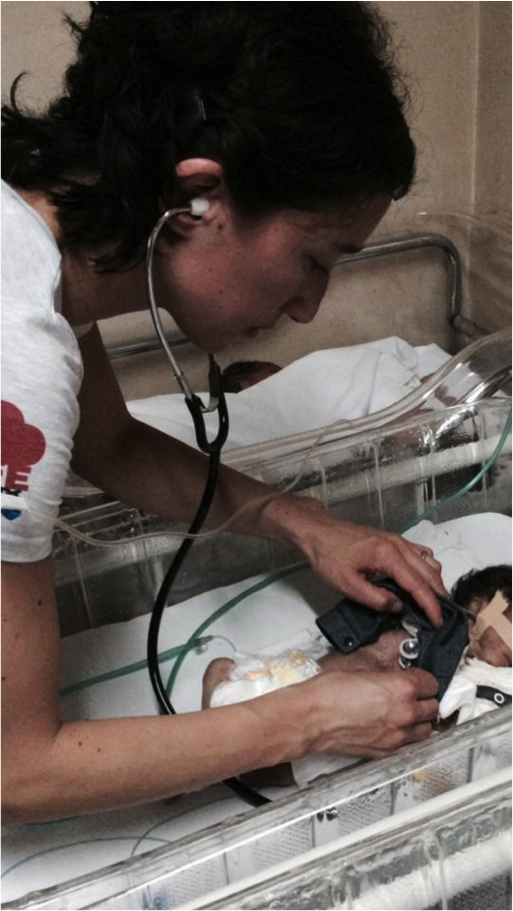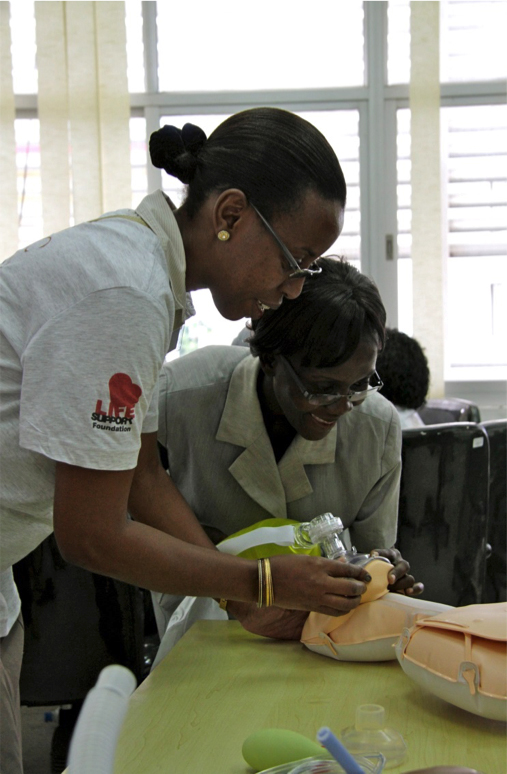Paediatrics
Better emergency care needed
Almost six million children under the age of five die each year in low-income countries, the majority due to treatable infectious diseases with pneumonia, diarrhoea and malaria as the main killers. Many children arrive to hospital at a late stage of illness when their survival is highly dependant on rapid assessment and management to provide curative and supportive treatments such as administration of oxygen, fluids and glucose.
Emergency care has been identified as one of the weakest parts of health systems in low-income countries and half of all paediatric hospitals deaths occur within 24 hours of admission. Adequate care is many times impeded by adverse factors in case management, including inadequate assessment, inappropriate treatment, and inadequate monitoring. ventilationEmergency treatment areas are often poorly organised and may lack essential supplies, and intensive care units may be completely missing.


Guidelines developed for organised care
The poor quality of care may be partly explained by resource constraints and staff shortage. However, there is evidence that quality of care can be improved without huge investments if care is organised and staff trained to handle emergency situations in a structured way. Many doctors receive training in managing acutely ill patients only once in their specialist training and nurses and other staff that care for sick children often lack any formal training in resuscitation and consequently may lack the tools to manage an emergency situation. In a response to these understandings the World Health Organisation (WHO) developed the Emergency Triage Assessment and Treatment (ETAT) guidelines to support an organised care of the critically ill child. Results from ETAT trials have been very promising with declined numbers of in-hospital deaths.

Courses and staff exchange
As a start of the MKAIC-collaboration, a course in ”Care of the critically ill child” was held in Dar es Salaam in May 2015, with 30 Tanzanian doctors and nurses attending. The course was followed by a staff exchange in November, whereby two Tanzanian doctors visited Astrid Lindgren Children’s hospital and attended training sessions at the Centre for Advanced Medical Simulation Training, daily work at the Paediatric Emergency Room and Intensive Care Unit as well as an international seminar in paediatric nephrologimage-300x225NY
A training course was also held in late 2016 with a separate course on neonatal critical care.
The project also includes staff exchanges and work towards the inclusion of simulation emergency training in the paediatric resident training in Tanzania.


